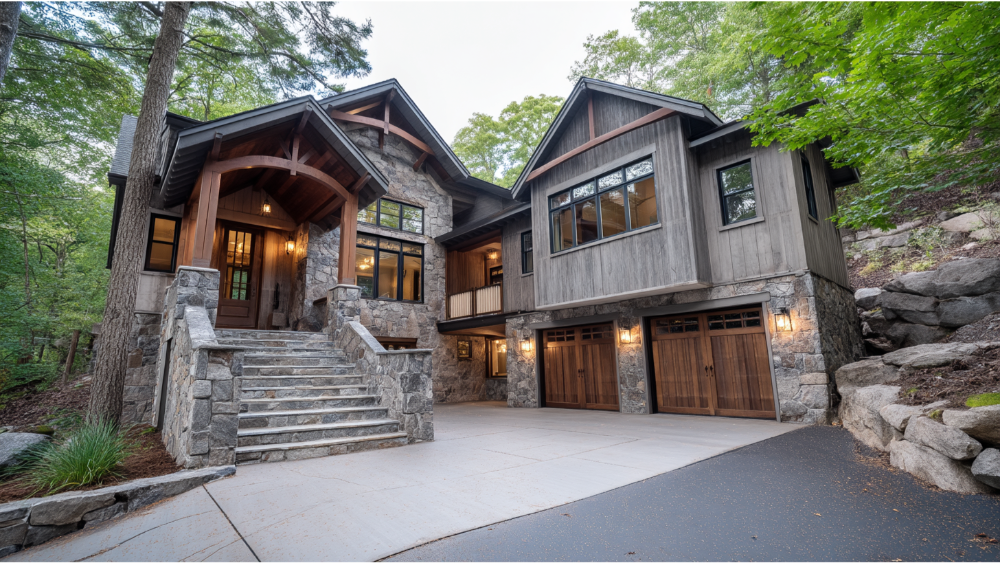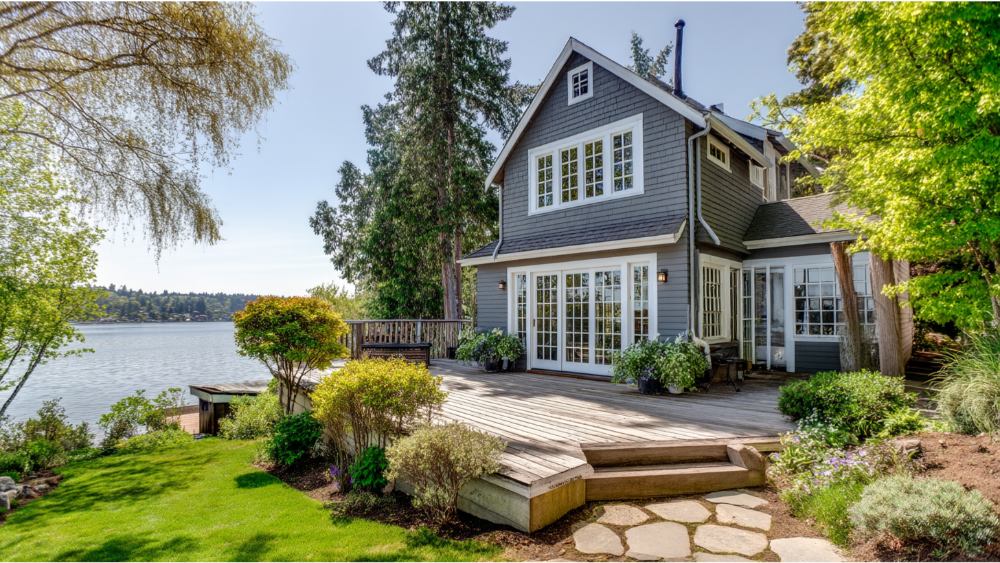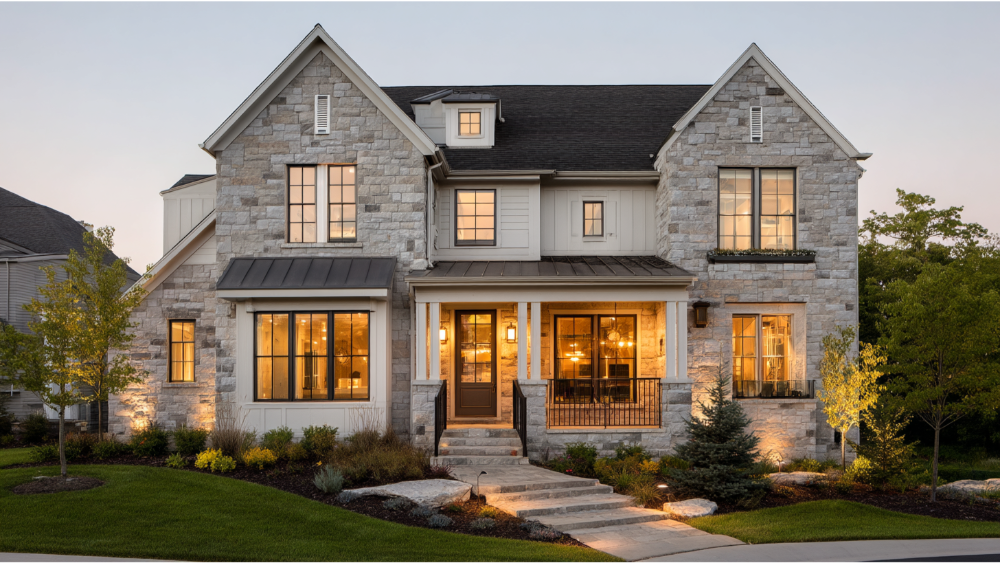How Do You Purchase a Home in Foreclosure?

If you're wondering how to purchase a home in foreclosure, you're not alone. Buying a foreclosed home can be an affordable way to enter the real estate market or grow your portfolio, but the process is very different from a typical real estate transaction. Between complicated timelines, limited property access, and unfamiliar terminology, prospective buyers need to be informed and strategic.
In this guide, we’ll explain everything you need to know about buying a foreclosed home in California, how the foreclosure process works, and how to approach each stage of the buying process with confidence.
What Is a Foreclosure and Why Does It Happen?
Foreclosure happens when a homeowner fails to make their mortgage payments, and the mortgage lender begins the legal process of repossessing the home. In California, the foreclosure process is typically non-judicial, which means the lender does not need court approval to proceed. If the homeowner cannot bring the loan current, the home eventually becomes a foreclosure property that is offered for sale.
Foreclosure sales allow banks, government agencies, or investors to recoup their losses. While unfortunate for the original homeowner, this creates opportunities for buyers looking to purchase a home below market value.
Understanding the Stages of a Foreclosure Purchase

Foreclosed properties go through different stages, and each one offers a unique opportunity for buyers.
Pre-Foreclosure
During pre foreclosure, the homeowner has received a notice of default but still owns the property. This is when short sales are most common. A short sale occurs when the mortgage lender agrees to accept less than the total mortgage loan balance to avoid a lengthy foreclosure. Pre foreclosure homes can offer great value, but these deals often take time and require approval from both the seller and lender.
Public Foreclosure Auction
If the homeowner cannot resolve the debt, the property moves to a public foreclosure auction. These foreclosure auctions are typically held at the county courthouse. Buyers must often pay cash and purchase the home sold as is, without any opportunity to have the property inspected. While there is potential for savings, foreclosure purchases at auction are high-risk and better suited for professional investors or highly experienced real estate buyers.
Real Estate Owned (REO) Properties
If a home does not sell at auction, it becomes part of the bank's inventory and is classified as real estate owned. These bank owned properties are listed for sale through traditional channels, often with a real estate agent who specializes in REO properties. Buying a foreclosed property owned by a bank at this stage is safer and more predictable, but competition may be stronger and pricing closer to market value.
Government Owned Foreclosures
Government owned foreclosures come from federal agencies like the Department of Housing and Urban Development (HUD), the Federal Housing Administration, Fannie Mae, or Veterans Affairs. These agencies list REO properties on platforms such as HUDHomestore.gov and HomePath.com. While many of these foreclosure homes are in need of extensive repairs, some programs offer closing cost assistance or incentives for owner-occupants.
Step-by-Step: How Do You Purchase a Home in Foreclosure?

Step 1: Define Your Home Buying Budget and Financing Options
Start by setting a realistic home buying budget. Know how much you can afford for the purchase price and additional expenses like property taxes, repairs, and closing costs.
If you plan to finance your purchase, get pre-approved through the right mortgage lender. Financing options for foreclosed homes include:
- Conventional loans
- FHA 203(k) loans to finance repairs
- VA loans for eligible veterans
- USDA loans for rural homes
- Rocket Mortgage and similar platforms for fast pre-approvals
If you plan to pay cash, make sure funds are liquid and ready. Many foreclosure sales, especially at auction, require full payment upfront.
Step 2: Partner With a Real Estate Agent Experienced in Foreclosures
Working with an experienced real estate agent is essential when buying a foreclosed property. They’ll help you:
- Navigate foreclosure listings on the Multiple Listing Service
- Understand how REO properties differ from standard homes
- Make competitive offers on bank owned homes
- Negotiate with government agencies or asset managers
An experienced real estate agent can also identify potential red flags and streamline the buying process for you.
Step 3: Search Foreclosure Listings and Identify Opportunities
You can find foreclosed homes in multiple ways:
- MLS listings with your buyer's agent
- Bank websites featuring REO properties
- Government agency platforms like HUDHomestore or HomePath
- Foreclosure auctions listed by the county
- Local wholesalers or investment property networks
If you’re targeting short sale opportunities, your real estate agent can identify homeowners in pre foreclosure who may be open to a quick cash sale.




